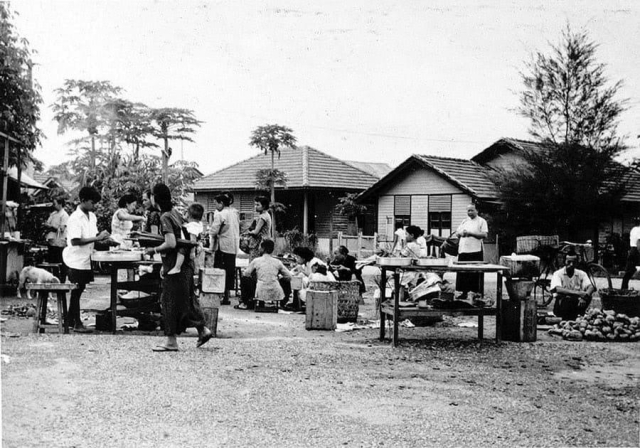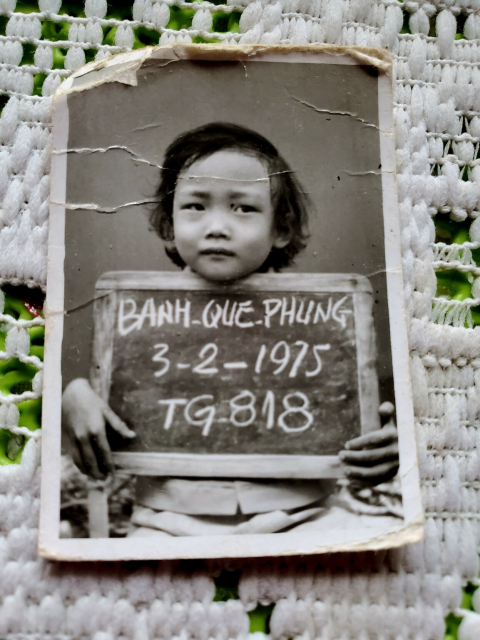"Chen Yaozuo was a #Teochew prime minister & grand tutor of the crown prince of the #SongDynasty (960–1279) in the 11th century. Coming from a family of officials, he was a rising star at the start of his career, until he bravely, or some might say foolishly, answered a call of Emperor Zhenzong for open criticisms by submitting a memorial that spelt out the ills of the times, including matters that no one else dared to speak about. As a result, Chen Yaozuo was banished & demoted to become an assistant prefect in the Teochew prefecture. This happened in 998, almost 180 years after Han Yu of the Tang dynasty suffered a similar fate."
"....Chen Yaozuo was more of a problem-solver than Han Yu, and he knew this. At the same time, he sensed the Teochew people’s deep admiration for his fellow Confucian. Cleverly capitalising on this, Chen Yaozuo erected a shrine in honour of Han Yu and he used it to commence his own programme to promote education among what was still a backward population. In pursuit of this goal, the Sichuan native also set up a Confucian temple and places of learning, while identifying and encouraging able families to send their children to schools.
Chen Yaozuo left Teochew after three years of devoted service to its people. He subsequently revealed in an inscription presented to a study room in Zhangpu (a county in Fujian adjacent to Teochew prefecture) that his time in Teo-yor was passed without major worries, despite it being enveloped in miasma."
"Chen Yaozuo’s heart remained with the place even many years after his departure. His poem below, “A note to Registrar Li Zi in Chaoyang” (送潮陽李孜主簿), illustrates this:
潮陽山水東南奇
The mountains and waters of Chaoyang are a wonder of the Southeast
魚鹽城郭民熙熙
Fishing boats, salt beds, and people going in and out of the city form a merry sight
當時為撰玄聖碑
Back then I had to write inscriptions for the sages
而今風俗鄒魯為。
Today its customs are like Zou and Lu [i.e. the home countries of Mencius and Confucius]
#Chinese #historians credit Han Yu for starting what we may call a #revolution through #literacy in Teochew. Yet the extent of Chen Yaozuo’s tireless contributions towards this cause can be seen by its fruits. Before his arrival, the Teochew prefecture produced only three men who attained the status of jinshi, the highest scholarly title awarded by the Chinese imperial court since the late 6th century. By the end of Song, the records show more than 170 jinshi from Teochew, of whom about a third came from Teo-yor.
Beyond scholarly titles, the creation of an educated class sparked a golden age in Teochew with accelerated advancements in agriculture and industry that ended its days as a backwater."
Ref: inf.news/en/history/08fbe53052…
Ref: theteochewstore.org/blogs/late…
#AsianMastodon #China #Gaginang #ChineseRevolutionaries #ChineseImperialEra #TeochewHistory #ChineseHistory #AsianHistory #SouthEastAsia #HistoryOfChina #LearnHistory #TootSEA #ChineseScholars #TeochewRoots
Teochew through the eyes of its visitors: Chen Yaozou, an unsung hero
History has a funny old way of repeating itself. Chen Yaozuo (陳堯佐) was a prime minister and grand tutor of the crown prince of the Song dynasty (960–1279) in the 11th century.The Teochew Store 潮舖








